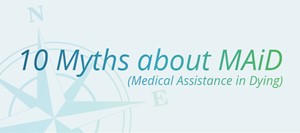Talking to children and youth about MAiD
“It was hard to know how and when to talk to the kids about their grandma’s decision to have an assisted death, but I am so glad we did. They could see her suffering ……. it opened up a lot of important conversations.”
“We have always been open with our kids, but I found this really tough. When I read the resources on how to talk to them, I felt better prepared to open up the conversation and respond to their questions.”
It is natural to want to protect children from emotional pain. But research has shown that children and young people benefit from having early and accurate information about situations that affect them. Deciding to tell them that the person they are close to is having a medically assisted death is ultimately their parent or guardian’s decision. The resources that follow provide well-informed guidance on talking with children about MAiD.
"I was scared to tell him his dad was dying with MAiD, as I wasn’t sure what to say, and I thought it would be too hard for him to understand. I told him a couple of years later, and he told me he already knew as he had overheard conversations. I think it made it harder for him as he felt he couldn’t talk to us about it. I also worry that it affected his trust in us."
Some of the resources below for talking with children were developed before the MAiD legislation changed in March 2020. Updates are being written to provide guidance when talking to kids when the person’s natural death is not in the foreseeable future.
We encourage you to view the videos below for support and guidance.
Resources
- How to talk with kids about death, dying and serious illness - Kidsgrief.ca
- Preparing for a medically assisted death - Kidsgrief.ca, Module 2, Chapter 7
- When to tell the children: Preparing children for the death of someone close to them
Videos
More Articles

What is MAiD?

The application process for MAiD

Why do people consider MAiD?

Telling family and friends
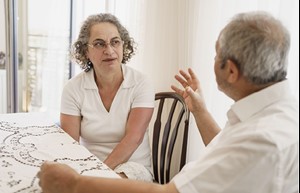
Starting a conversation about MAiD with the person who is ill

Seeking information and starting the process

Capacity and consent and why they are important

Having the assessments

Choosing when and where

Planning for the time left

Planning the day of MAiD
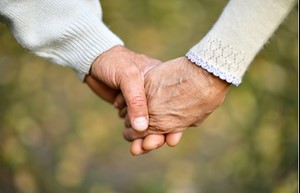
A medically assisted death

Grief after a medically assisted death

For healthcare providers
Featured Content

Understanding MAiD for individuals and families
Read More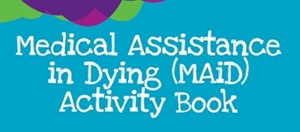
MAiD Activity Book for Kids
Read More
Understanding MAiD for healthcare providers
Read More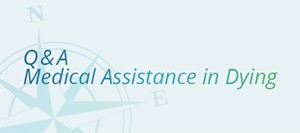
Infographic - Q&A about MAiD
Read More
MyGrief.ca Module - Grief and Medical Assistance in Dying (MAiD)
Read More